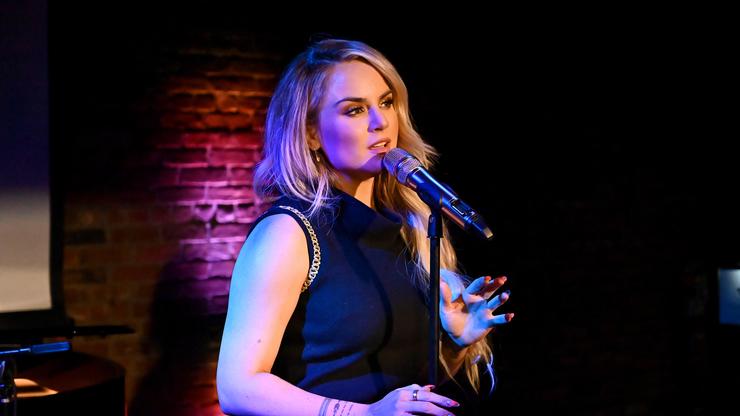Entertainers who begin their careers when they’re children or teenagers often find themselves struggling when they transition into adulthood. Those who have attained at least a moderate level of success are more at risk for going off the deep end, as they grapple with adapting to the ever-changing expectation of Hollywood. At just 13-years-old, “Leave (Get Out)” topped the charts, but as she grew older, she had issues with her record label that kept her from releasing music and was told that she needed to get on a 500-calorie-a-day diet in order to be famous.

Jason Merritt/TERM / Staff / Getty Images
On Friday (May 1), will release her anticipated R&B project Good To Know, and she recently sat down with PEOPLE to discuss what was going on behind the scenes during the years when she. Her father was battling an opioid addiction, and JoJo turned to alcohol to deal with her mental and emotional issues. It was common for the singer to drink until she blacked out.
“I was feeling overwhelmed and found myself wanting to get out of my mind because I was so scared and so sad,” she said. “At the end of the day, I am a product of a family with substance-abuse issues., I was like, ‘This is not okay.'” It took a few years for her to reshape her life, but after seeing a therapist and receiving a diagnosis of clinical depression, JoJo turned her life around.
“Because there is a history of mental health issues in my family, I didn’t feel any shame seeking help,” JoJo added. “Those of us who have a predisposition toward depression or a chemical imbalance — sometimes we just need a little help.”
